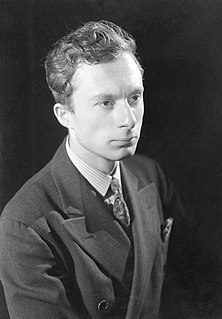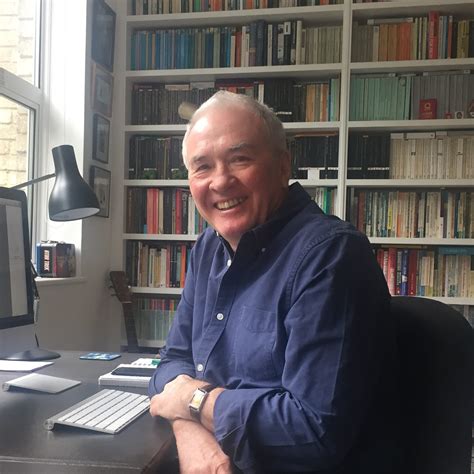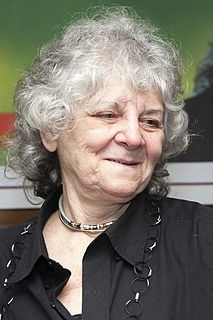A Quote by Elizabeth McCracken
My mother's family didn't speak much about Europe: My mother was born in 1935, and her new-world parents were the sort who didn't want to worry their children about the war.
Related Quotes
One of my main wishes in wanting to write about my mother was to explore the impact of her death on my life, explore our relationship, think about the different versions of myself that I was with and without her. I also had the really strong wish to bring her to life for my children, who were born after she was gone.
The moment a child is born, the mother is also born. She never existed before. The woman existed, but the mother, never. A mother is something absolutely new." and so in you the child your mother lives on and through your family continues to live... so at this time look after yourself and your family as you would your mother for through you all she will truly never die.
And in the same way, FDR's not much of a father. Although the children in all their memoirs really talk about what a fun-loving guy Dad was, and how brooding and unhappy Mom was. The children sort of blame it all on the mother. Well, this is kind of standard and typical, and aggrieved Eleanor Roosevelt that she was not a happier mother. She wanted to be a happier mother. And I must say, she was a happier grandmother.
I mean, her father was an alcoholic, and her mother was the suffering wife of a man who she could never predict what he would do, where he would be, who he would be. And it's sort of interesting because Eleanor Roosevelt never writes about her mother's agony. She only writes about her father's agony. But her whole life is dedicated to making it better for people in the kind of need and pain and anguish that her mother was in.
Another very interesting chapter is the education of children: the victims of problems of the family are the children. The children. Even of problems that neither husband nor wife have a say in. For example, the needs of a job. When the dad doesn't have free time to speak to his children, when the mother doesn't have time to speak with her children.
Contrary to popular opinion, the most important characteristic of a godly mother is not her relationship with her children. It is her love for her husband. The love between husband and wife is the real key to a thriving family. A healthy home environment cannot be built exclusively on the parents' love for their children. The properly situated family has marriage at the center; families shouldn't revolve around the children.
I always was a weird child. My mother told me the story that, in kindergarten, I would come home and tell her about this weird kid in my class who drew only with black crayons and didn't speak to other kids. I talked about it so much that my mother brought it up with the teacher, who said, 'What? That's your son.'
The idea of the book ["The Japanese Lover"] came in a conversation that I had with a friend walking in the streets of New York. We were talking about our mothers, and I was telling her how old my mother was, and she was telling me about her mother. Her mother was Jewish, and she said that she was in a retirement home and that she had had a friend for 40 years that was a Japanese gardener. This person had been very important in my friend's upbringing.

































